Kate Tempest, a 30 year old dramatist and poet, has an appeal that’s hard to fathom. Is it all in the elbows? Like most performers raised on hip hop, she recites with her upper limbs flapping and wiggling as if by remote control. For emphasis she uses that impatient downward flicking gesture, beloved of rappers, like a countess at a buffet ridding her fingers of unwanted guacamole.
Already a subscriber? Log in
Subscribe for just $2 a week
Try a month of The Spectator Australia absolutely free and without commitment. Not only that but – if you choose to continue – you’ll pay just $2 a week for your first year.
- Unlimited access to spectator.com.au and app
- The weekly edition on the Spectator Australia app
- Spectator podcasts and newsletters
- Full access to spectator.co.uk
Or

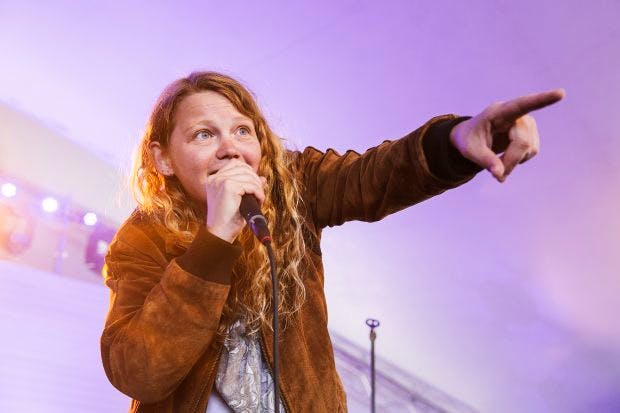
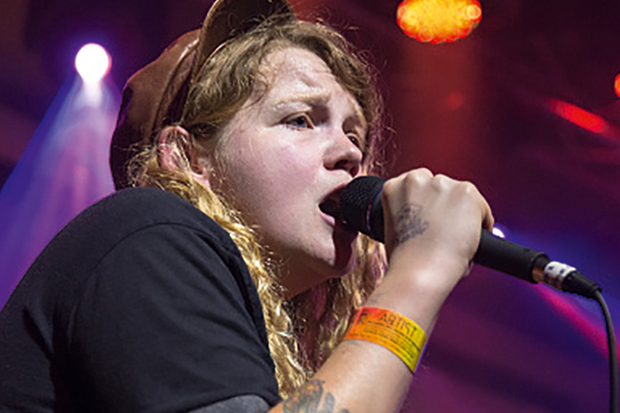
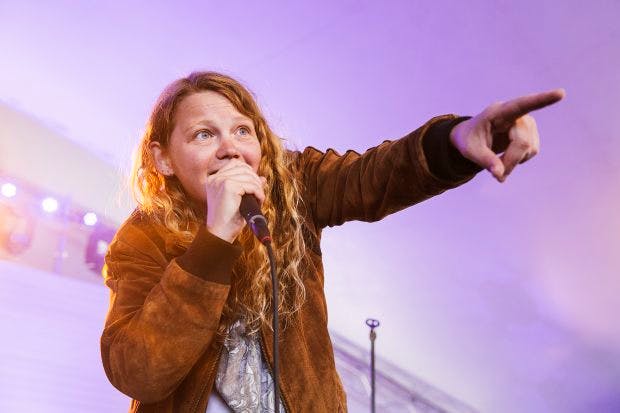


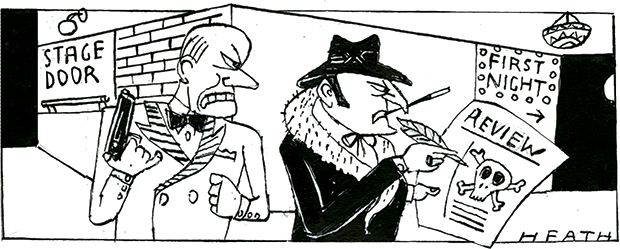
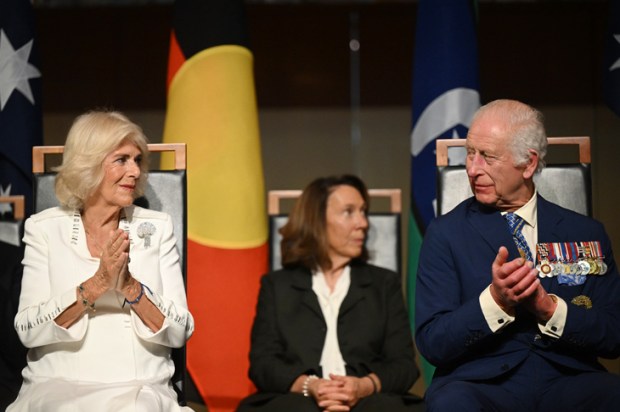

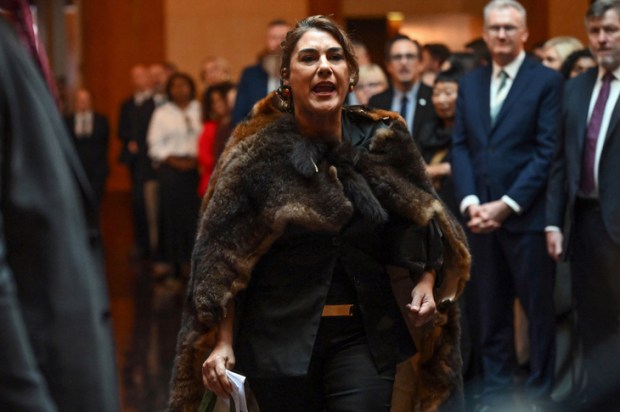



Comments
Don't miss out
Join the conversation with other Spectator Australia readers. Subscribe to leave a comment.
SUBSCRIBEAlready a subscriber? Log in